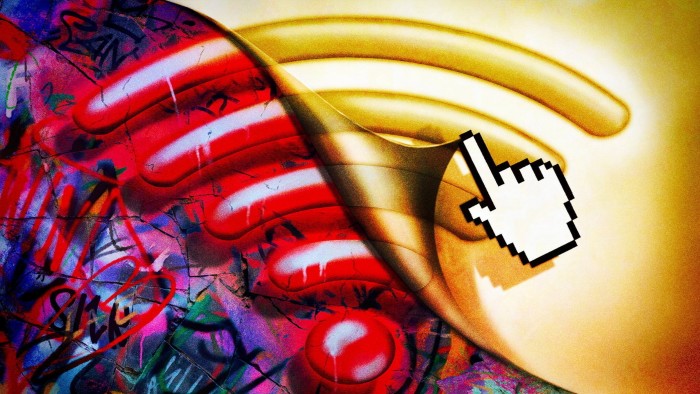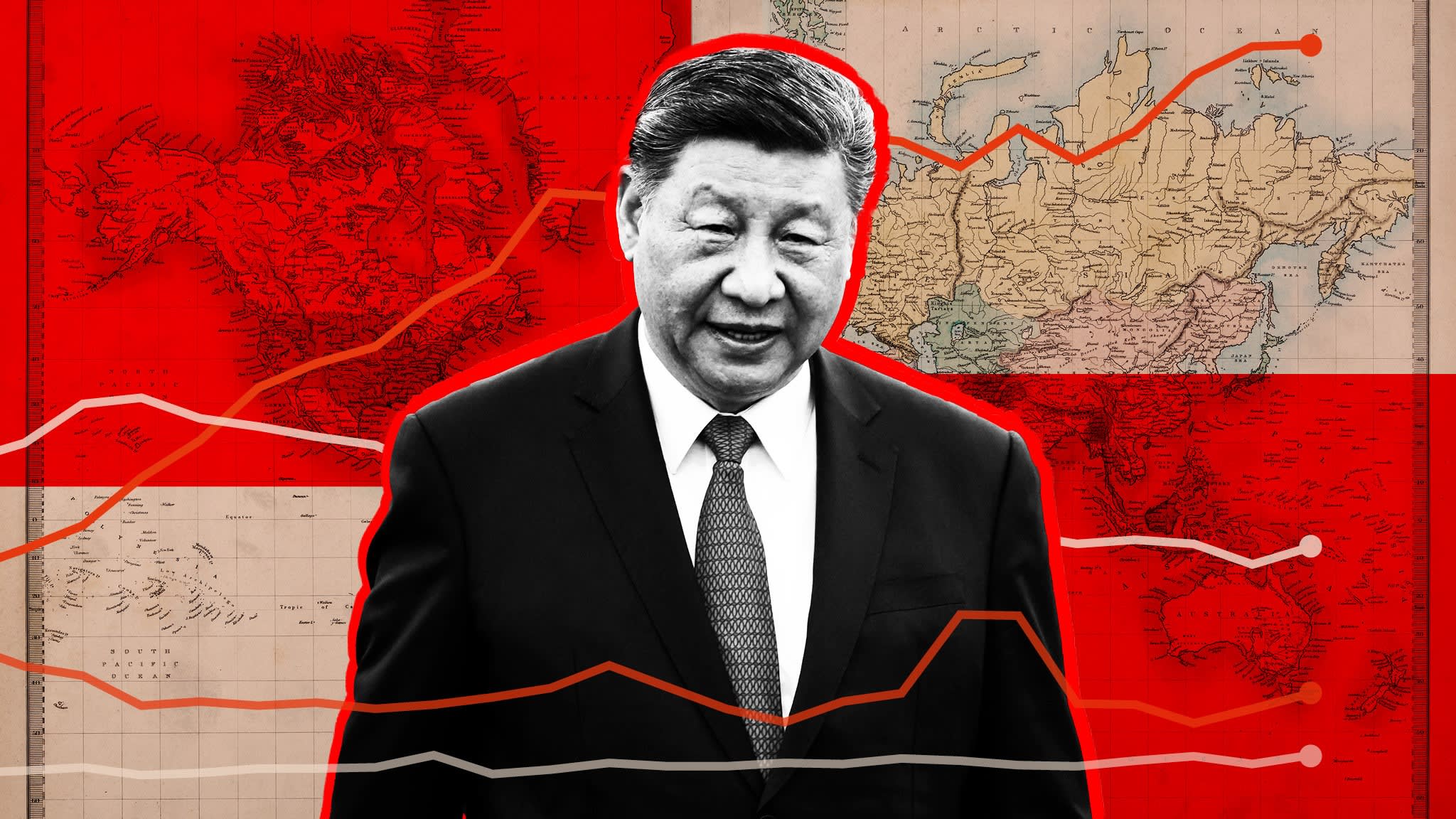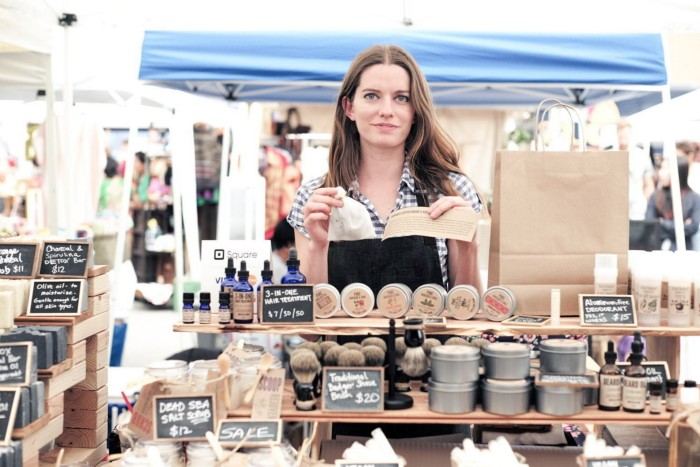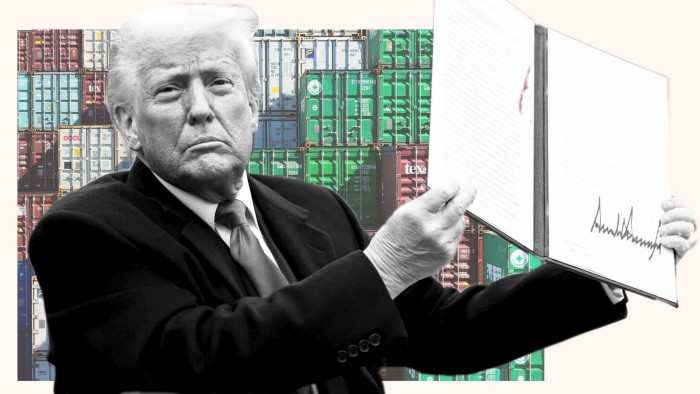Mattel quickens effort to move production from China as tariffs hit toys
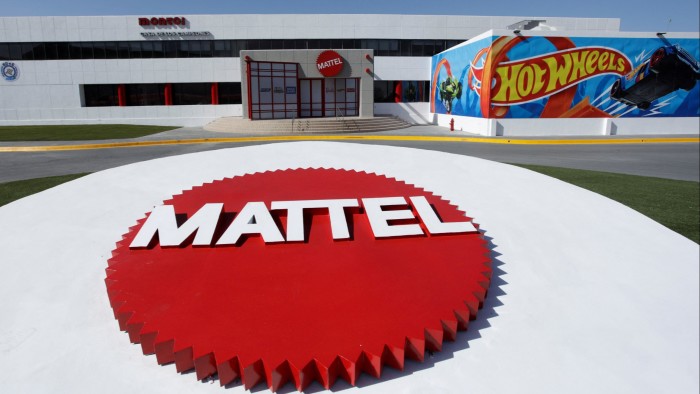
Unlock the Editor’s Digest for free
Roula Khalaf, Editor of the FT, selects her favourite stories in this weekly newsletter.
Mattel, the toymaker behind Barbie dolls and Uno card games, is suspending financial guidance to investors and warning of higher prices for American consumers as it confronts costs from US President Donald Trump’s tariffs.
California-based Mattel on Monday said that the “volatile macroeconomic environment and evolving US tariff situation” had made it difficult to predict consumer spending and sales up to and including the crucial holiday season this year, prompting the pause in guidance.
The $42bn US toy market has been caught in the middle of Trump’s trade war with China, whose exports to the country are subject to 145 per cent tariffs.
Last week the president appeared to dismiss concerns over the potential impacts, saying that “maybe the children will have two dolls instead of 30 dolls . . . and maybe the two dolls will cost a couple of bucks more than they would normally”.
Mattel said it was quickening efforts to diversify production away from China, make changes to its product sourcing and mix, and will look at raising prices for US customers.
“We are accelerating plans to reduce China-sourced product in the US as part of our response to tariffs,” Ynon Kreiz, chief executive, said in an interview. “Pricing, in the actions that we’re taking, is the third in priority.”
Kreiz declined to address Trump’s “two dolls” comments, which have sparked controversy.
“We all know the importance of quality product and trusted brands in the industry and the importance of toys and play in children’s lives and children’s development,” Kreiz said. “So we are very committed to the uninterrupted supply of quality products at a wide range of affordable price points to children and families worldwide.”
China accounts for 80 per cent of toys sold in the US, according to the Toy Association, a trade group. The 145 per cent tariff has led to anxiety and warnings of empty shelves from some manufacturers. Hasbro, the maker of Play-Doh modelling clay and Monopoly boardgames, has disclosed tariffs could raise costs by as much as $300mn this year, or about a fifth of its annual cost of goods.
“Ultimately, tariffs translate into higher consumer prices, potential job losses as we adjust to absorb increased costs and reduced profits for our shareholders,” Chris Cocks, Hasbro’s chief executive, told analysts last month.
Mattel has said that less than 40 per cent of its production was in China. Kreiz said Mattel would have one factory left there by the end of the year, down from four several years ago, and that he expected to strengthen the company’s competitive position as it manages around the tariffs.
Mattel’s earlier guidance for 2 to 3 per cent net sales growth this year had taken into account Trump’s tariffs on Mexico, Canada and China announced in February, but not new tariffs imposed in April, which include the higher duties on China.
Mattel said the tariffs had no effect on its performance in the first quarter. Net revenue defied Wall Street expectations for a decline by rising 2 per cent to $827mn.
The company reported a net loss of $40mn, $2mn more than expectations and wider than the $28mn loss a year before, due to rising selling and administrative expenses. Mattel commonly reports a loss in the seasonally weak first quarter, but it has been profitable on an annual basis.





